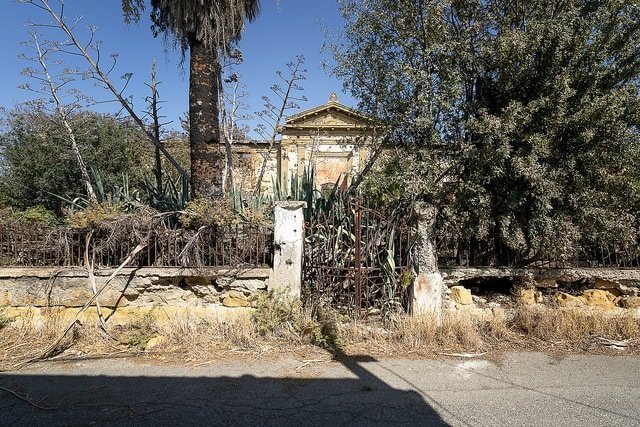Four possible scenarios for the future of the Cyprus problem in 2035 were presented by a group of 36 Greek Cypriots and Turkish Cypriots on Sunday, who conducted a study to see what outcomes could be possible for the island.
According to a statement published by the group, the ‘Scenarios for the Future of Cyprus’ initiative was launched in 2022 “as a result of the recognition of the changing and uncertain environment in which the island is moving today due to the ongoing political strife, geopolitical changes, and tensions as well as migration, climate change, inflation, the explosive increase in energy prices and other factors.”
The group made the results of the study public on Sunday simultaneously on both sides, as they considered it necessary to make a unique effort in order to discuss and reflect together on the prospects for the future, taking into account the multiple daily concerns that trouble people.
The group said that they also include people from all religious minorities in Cyprus and there is a balanced representation of the sexes.
Using the ‘process of transformational scenarios’ method, first used in South Africa after the end of apartheid, the group focuses on regional and national issues, as organised by the Reos Partners.
The four possible outcomes that the group concluded ranged from the status quo remaining as it is to building a peaceful coexistence and future in Cyprus.
The first possible outcome was titled, ‘No way,’ and features the scenario that situation in Cyprus will remain stagnant, and that if new negotiations fail the issue will deepen and the de facto division will be institutionalised.
The ‘My own way’ scenario is also one of partition of the island, where the Turkish Cypriot leadership actively seeks international recognition of the breakaway regime, only to face the Greek Cypriot side’s reactions at every move.
In the ‘Their own way’ scenario presented by the group, Cyprus peace talks will be conducted under the pressure of international actors and outside influence, with no involvement of the people.
These agreements will lead to a federation that is flimsy and not widely accepted by the public, the group said.
The fourth scenario, ‘Our own way,’ is one of ‘durable peace’, where the multi-level approach and the participation of people, and focus on matters of communal continuance, human right, and the result-oriented operation of institutions leads to and durable and inclusive federation.
These scenarios are not predictions, they are not negotiation options and they are not exhaustive, said Mille Bojer, Director of Reos Partners and one of the coordinators of the process.
“Other people could imagine other scenarios. What matters is that we discuss the future and come into contact with people who think differently,” she added.
Petros Aristodemou, a member of the team said that to make informed decisions about the future, the people need to consider all possible scenarios, including the ones that they don’t want to happen.
“Otherwise, the future may bring us pre-accomplishments which could have been foreseen and avoided,” he said.
Speaking about the project, Turkish Cypriot member of the team, Huseyin Silman said that the interdependence of Cypriots is a reality that runs through all scenarios – it is not going to be eliminated, even if it is not perceived and felt by everyone to the same extent.
“Discussions and decisions about the future of the island should not be limited to just one small group, citizens should have an active role in shaping the future,” group member Michelle Kari said.







Click here to change your cookie preferences